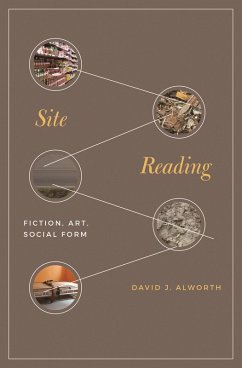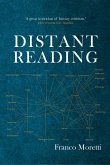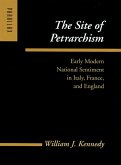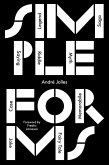Site Reading offers a new method of literary and cultural interpretation and a new theory of narrative setting by examining five sites-supermarkets, dumps, roads, ruins, and asylums-that have been crucial to American literature and visual art since the mid-twentieth century. Against the traditional understanding of setting as a static background for narrative action and character development, David Alworth argues that sites figure in novels as social agents. Engaging a wide range of social and cultural theorists, especially Bruno Latour and Erving Goffman, Site Reading examines how the literary figuration of real, material environments reorients our sense of social relations. To read the sites of fiction, Alworth demonstrates, is to reveal literature as a profound sociological resource, one that simultaneously models and theorizes collective life.
Each chapter identifies a particular site as a point of contact for writers and artists-the supermarket for Don DeLillo and Andy Warhol; the dump for William Burroughs and Mierle Laderman Ukeles; the road for Jack Kerouac, Joan Didion, and John Chamberlain; the ruin for Thomas Pynchon and Robert Smithson; and the asylum for Ralph Ellison, Gordon Parks, and Jeff Wall-and shows how this site mediates complex interactions among humans and nonhumans. The result is an interdisciplinary study of American culture that brings together literature, visual art, and social theory to develop a new sociology of literature that emphasizes the sociology in literature.
Each chapter identifies a particular site as a point of contact for writers and artists-the supermarket for Don DeLillo and Andy Warhol; the dump for William Burroughs and Mierle Laderman Ukeles; the road for Jack Kerouac, Joan Didion, and John Chamberlain; the ruin for Thomas Pynchon and Robert Smithson; and the asylum for Ralph Ellison, Gordon Parks, and Jeff Wall-and shows how this site mediates complex interactions among humans and nonhumans. The result is an interdisciplinary study of American culture that brings together literature, visual art, and social theory to develop a new sociology of literature that emphasizes the sociology in literature.









